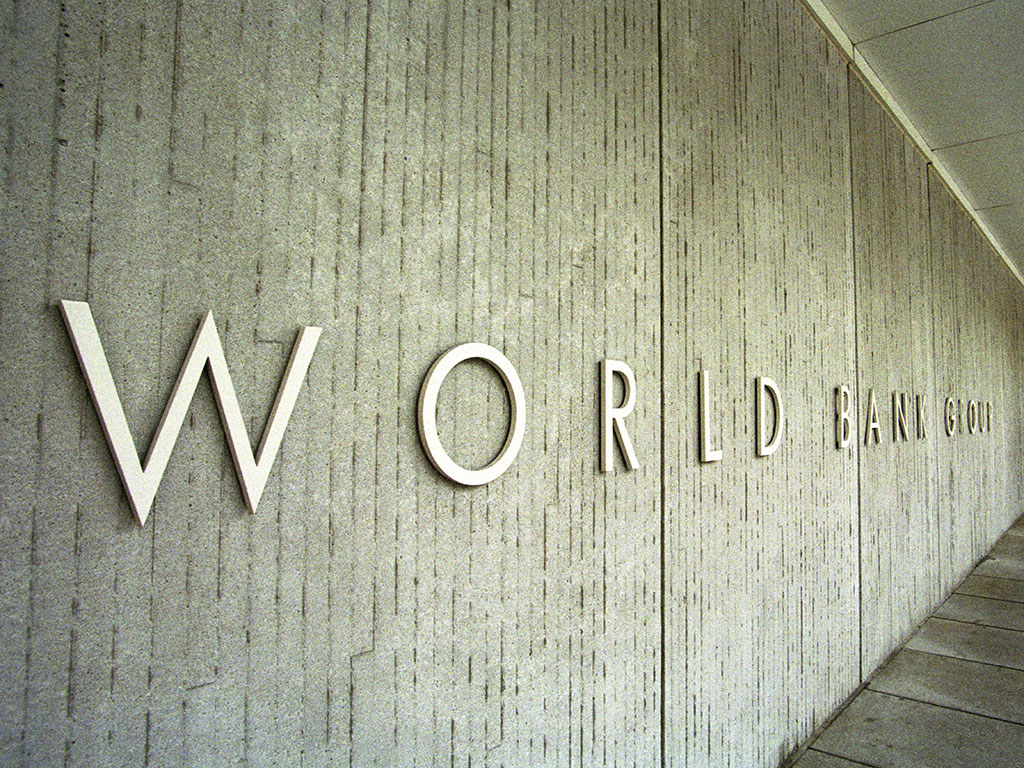World Bank slashes growth forecast
The World Bank has highlighted global trade, financial market volatility, low oil prices and deflation as key areas for concern in the coming year

In its bi-annual report, the World Bank suggested that weak global trade, financial market volatility, low oil prices and stagnation or deflation in Europe and Japan threaten the global economy
The World Bank has warned in its bi-annual report that divergent trends pose downside risks to the global economy, and while it is projected to expand at a faster rate than in 2014, the outlook for the coming year is worse than previously stated. Whereas in June the bank forecast global growth of 3.4 and 3.5 percent in 2015 and 2016 respectively, the figures have been revised downwards to three and 3.3 percent.
The World Bank’s key fears centre on four factors
“In this uncertain economic environment, developing countries need to judiciously deploy their resources to support social programmes with a laser-like focus on the poor and undertake structural reforms that invest in people”, said World Bank Group President Jim Yong Kim in a statement. The report notes that while growth in both the UK and US is gaining momentum, the euro area and Japan in particular are key areas for concern.
The World Bank’s key fears centre on four factors: weak global trade, financial market volatility, low oil prices and stagnation or deflation in Europe and Japan, which together mean the recovery is yet to gain the momentum it so desperately needs.
“Worryingly, the stalled recovery in some high-income economies and even some middle-income countries may be a symptom of deeper structural malaise”, said Kaushik Basu, World Bank Chief Economist and Senior Vice President in the statement. “As population growth has slowed in many countries, the pool of younger workers is smaller, putting strains on productivity.” Basu goes on to state that an enduring low interest rate environment, sustained in part by record low oil prices, means there is more time and impetus for oil-reliant countries to introduce much-needed reforms and “inclusive development”.
“Risks to the global economy are considerable. Countries with relatively more credible policy frameworks and reform-oriented governments will be in a better position to navigate the challenges of 2015”, wrote Franziska Ohnsorge, lead author of the report.













